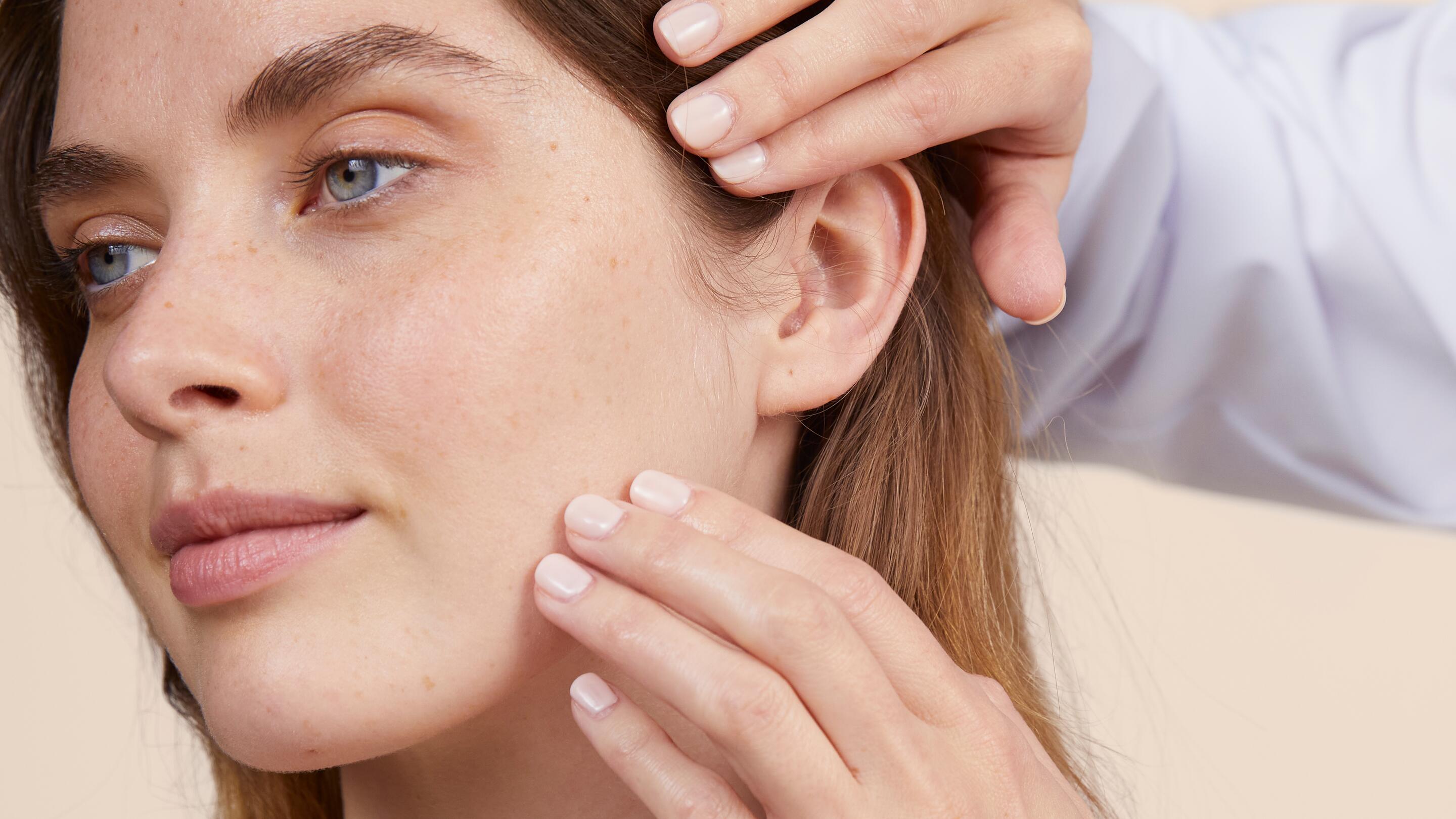Which baby toiletries should I choose?
To protect your baby's fragile skin, make up your baby's toiletry set with hypoallergenic, fragrance-free and paraben-free toiletries to protect your little one from allergies and skin damage. Choose soap-free baby cleansers so as not to dry out their very young skin.
The choice of any other baby care products then depends on your baby’s skin type and level of sensitivity. To respond to the common skin problems that can be encountered by infants, and adults, our laboratories have designed specific cleansing products suitable for the whole family:
- The Cold Cream Ultra-Rich Cleansing Bar for face and body restores the hydrolipidic film of your baby's sensitive skin and prevents the skin from drying out due to hard water or cold winter temperatures.
- If your baby has dry skin, the Trixera Nutrition Nutri-Fluid Cleansing Gel or the Shower Cream from the same range will provide the lipids and moisture needed to restore the skin barrier.
- The Xeracalm A.D Ultra-Rich Cleansing Bar or Cleansing Oil will relieve your baby's eczema and itching.
For any skin rashes, your baby will welcome the soothing properties of our Thermal Spring Water Spray.
Finally, some bathing and cleansing accessories may be useful such as compresses, cotton pads, flannels, towels and a bath cape.
How do you keep your baby clean?
Preventing skin irritation in infants, such as anappy rash or, skin folds, requires carefully washing your baby every day.
How do you change your baby’s nappy?
Before changing your baby’s nappy, wash your hands with a cleanser and prepare the changing table with the baby's toiletries so you don't have to take your eyes off your baby.
Lay your baby on a clean towel and carefully remove their nappy. Put cleansing water or milk on a cotton pad and gently clean the groin folds, lifting your baby up by the feet. Rinse and soothe their skin with Thermal Spring Water Spray. Dry it by gently dabbing it with a towel. If your baby has dry skin, soothe your child with a moisturising cream for babies. If their bottom is irritated, Cicalfate+ Repairing Protective Cream will soothe the inflammation and put a smile on their face.
Cleaning your baby's face
- Soak a cotton pad, rather than a flannel, with the Thermal Spring Water Spray, and use it without rinsing on their forehead, cheeks, and around their mouth.
- Put a few drops of saline on a sterile compress and wipe away any gunk around their eyes.
- Use the Thermal Spring Water Spray on a compress to clean the outer ear and behind the ears. Avoid using cotton buds as much as possible.
- For the nose, roll small pieces of cotton soaked with saline solution and clean the base of the nostrils.
How do you give your baby a bath?
To ensure that your baby's bath remains a moment of stimulation and bonding, make sure you hold your baby's head by sliding your forearm underneath and grasping one of their armpits.
Wash your baby's body and hair with very gentle cleansing products in water at 37°C, or between 32°C and 34°C if they have very dry skin or eczema-prone skin. If it was not removed at the hospital, use a clean washcloth or a compress to clean the umbilical cord instead of the navel. Make sure you dry this area of the body as well as every fold of your baby's skin. Without this, there’s a risk of rashes and redness.
Your baby doesn't have to be bathed every day: two to three times a week may be enough, in addition to cleansing sensitive areas daily.





